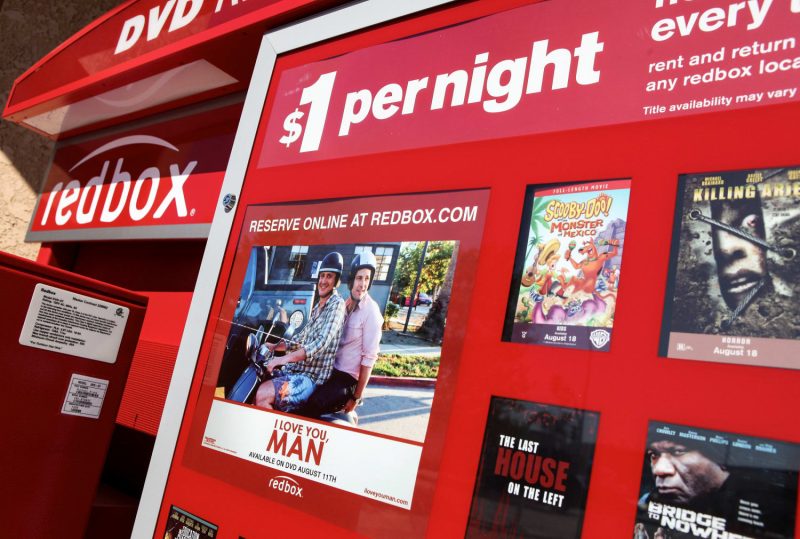
Redbox Bows Out as Streaming Giants Eclipse the Fading DVD Market
The rise of the digital age has brought numerous changes across various sectors, including the film and television industry. A decades-old trend of renting DVDs for a portion of the night’s entertainment shifted dramatically with the advent of streaming services. This shift has had a dramatic impact on various entities rooted in the DVD rental market, one of the significant ones being Redbox.
Redbox, known for its distinctively bright-red rental kiosks stationed at convenience stores, supermarkets, and malls across the country, is facing a severe decline. With an impressive library of movies and video games that users can rent for a day or more, the service was once a staple for movie nights. Yet, with the ever-declining DVD market, Redbox looks set to big adieu, another casualty in the significant shift towards online streaming.
Shrinking consumer demand has gradually eroded the DVD market. The convenience of streaming platforms such as Netflix, Amazon Prime, Hulu, and Disney+ has feasted upon the market share for hard copy rentals. These platforms offer an extensive, ever-updated, on-demand catalogue accessible at the flick of a hand, far surpassing any physical rental service in convenience and accessibility. We can now enjoy movies and TV shows without leaving our couches or worrying about DVD return dates or rental kiosks’ operating hours. Consequently, this increasing consumer preference for digital content consumption is propelling the sunsetting of DVD-centric businesses like Redbox.
Despite Redbox’s efforts to adapt and keep in pace with technological advancements, they’ve been outshone by these streaming giants. In recent years, they’ve introduced Redbox On Demand, a digital VOD service, and Redbox Free Live TV, a live streaming platform offering free ad-supported content. Nevertheless, Redbox hasn’t been able to replicate its physical rental success in the digital realm. The competition has already raced ahead, establishing a robust presence, and boasting larger and more exclusive content libraries and the draw of in-house productions.
It is also worth noting the environmental implications of the shift from physical to digital. While Redbox kiosks and DVDs, in general, have their unique environmental footprint, considering manufacturing, transportation, and disposal, streaming services have lesser material requirements and consume less physical space. Though data centers powering streaming also have significant energy needs, and internet usage has its emissions, the shift to renewable energy for these operations can further decrease their environment impact.
Despite this seemingly grim picture, there still remains a niche clientele for DVD rentals
